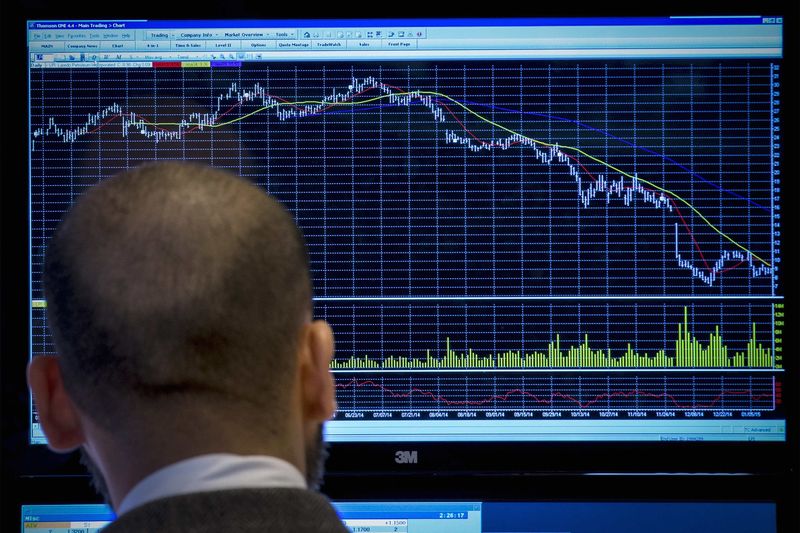MarketAxess Shares Decline Amid Disappointing November Data
On Wednesday, shares of MarketAxess Holdings Inc. (NASDAQ:MKTX) fell by 6% following the release of disappointing November trading data, which analysts at Redburn Atlantic described as underwhelming. The electronic trading platform operator reported an average daily trading volume (ADV) of $44.9 billion for November 2024. While this figure represents a 56% increase year-over-year, it indicated a 3% decline compared to October levels.
In the U.S. investment-grade bond segment, the ADV remained stable at $6.5 billion year-over-year but declined by 5% month-over-month. The company's estimated market share in this area also decreased by 260 basis points to 18% compared to last year. The ADV for U.S. high-yield bonds saw a sharper decline, decreasing by 31% year-over-year and 12% month-over-month, with market share dropping from 17.0% last year to 12.3%.
On a positive note, the ADV for emerging markets rose to a record high of $3.8 billion, representing a 15% increase year-over-year, fueled by a 24% rise in hard currency volumes. The report also noted a record ADV for municipal bonds, which grew by 5% compared to the previous year. Despite these gains, the ADV for portfolio trading, which saw a 49% growth year-over-year, suffered a sequential decline of 24%, and the market share in U.S. investment-grade and high-yield portfolio trades fell to 13.6%.
MarketAxess CEO Chris Concannon highlighted the company's achievements, including increased participation in block trades and improvements in portfolio trading functions. He also pointed out strategic initiatives aimed at increasing the company’s share in the U.S. credit markets in the upcoming quarters.
In November 2024, total pre-variable transaction fees for credit were approximately $146 per million (FPM), down from $157 during the same period last year and $154 in October 2024. The interest rate segment also experienced a decline; total interest rate ADV increased by 112% year-over-year but fell by 2% compared to October 2024. The company faced challenges due to an interruption at ICBC last year that affected U.S. Treasury liquidation services.


